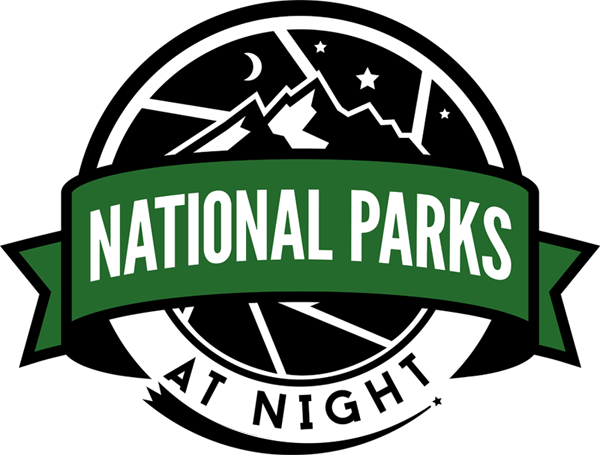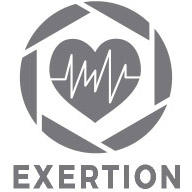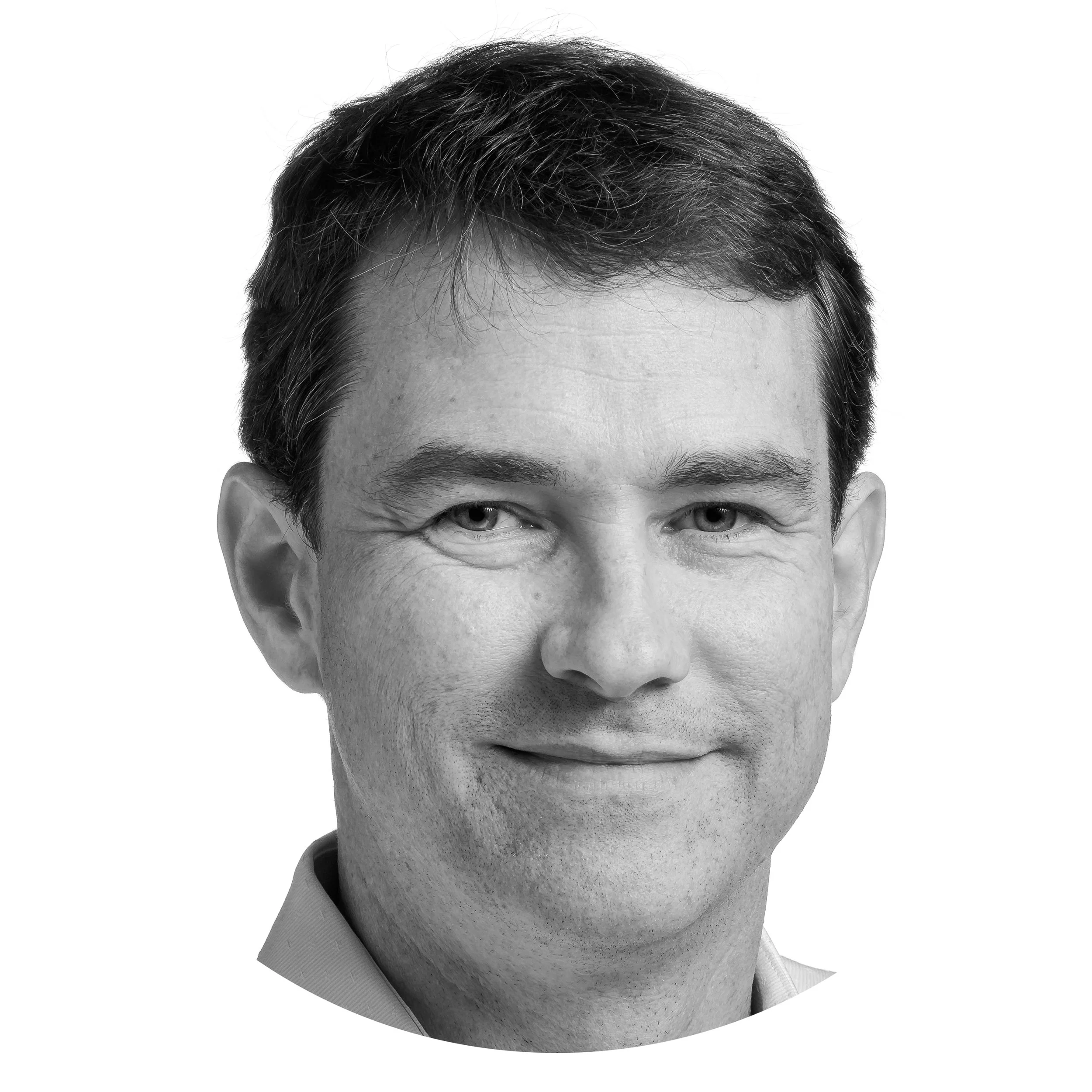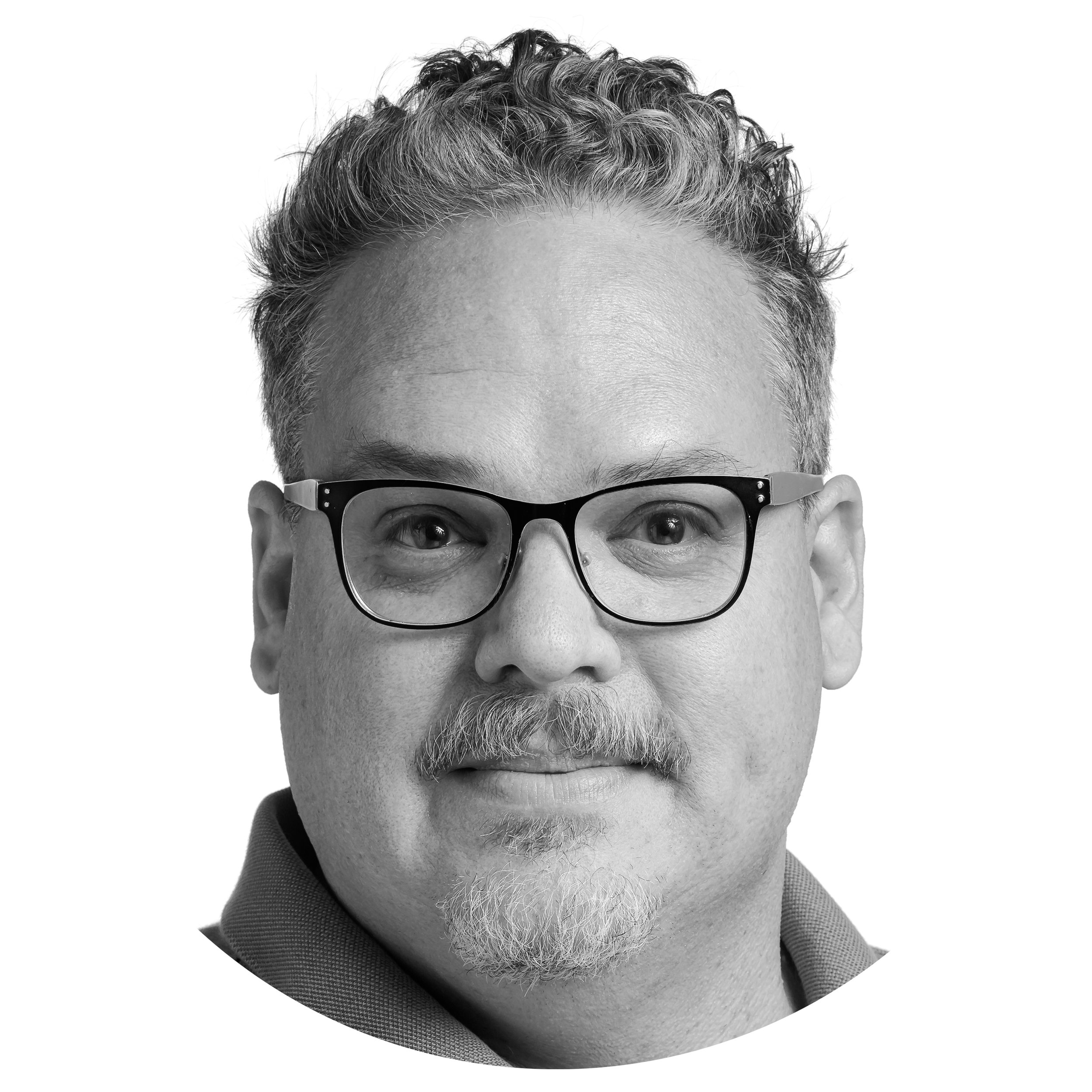Lightroom Live: The Library and Develop Modules
Only half the art of photography takes place behind the camera. The other half takes place in front of a computer—in post-production. The darkroom of the digital era sits right on your desk, and to be the best photographer you can be, you need to master the computer part just as much as you master the camera. And on that computer on your desk, as you sit in the comfort of your home, two National Parks at Night instructors will teach you how to master the gold standard in post-production: Adobe Lightroom.
Workshop Gallery
Workshop Details
April 16, 18, 23 and 25, 2024 — Sold Out, Join Waitlist Below
This is a 4-night online course that runs on Tuesdays and Thursdays for two consecutive weeks, each night from 8 to 10 p.m. EDT.
Skill level
Open to all who have an understanding of the basic principles of photography and are eager to master Lightroom.
Class size
12, with 2 instructors — 6:1 ratio
Instructors
Registration
Hoping to get a spot? Sign up below for our no-fee waitlist.
| • Session consists of four 2-hour classes: Tuesday and Thursday, for two consecutive weeks. |
| • Full payment of $475 due upon registration. |
| • Tuition is non-refundable, but should you need to cancel, it may be applied toward a future online course. |
| • As a bonus, you will also receive 30 minutes of one-on-one time with an instructor. |
What You Will Learn
The goal of this workshop is to teach you the necessary skills to take complete control of your Lightroom post-processing. From searching and organizing your images in the Library module to making the most of every image with the Develop module.
Areas of focus:
understanding the Lightroom catalog
making full use of the Library module in Lightroom, including keywords and collections
gaining a complete understanding of Lightroom’s Develop module
mastering advanced adjustments using the local adjustment tools
And when you’re done with this course, level up even more by taking Photoshop Live: The Next Step in Post-Processing!
What You Should Know
In this class you will learn all the essentials of Lightroom’s Library and Develop modules. No prior knowledge of Lightroom is required, but even folks who already use the program will benefit from learning more about its two most important modules. If you have never worked in Lightroom before, the course video Lightroom: Correcting Your Catalog Chaos will guide you through starting your catalog from scratch to use for the course. This video will also help existing users fix catalog problems that have already developed.
We want you to get the most out of your workshop experience. Struggling with computer skills while you are trying to learn new software is no fun. Please be sure you have the following fundamental skills before arriving:
basic computer navigation
downloading your images from your camera and storing them in folders on your computer
viewing your images after downloading them on your computer
You will also need the following:
a desktop or laptop loaded with the latest version of Lightroom Classic—not the mobile version called just Lightroom (if you need to order Lightroom Classic, click here to purchase and download the latest versions—you’ll want the Photography Plan, which currently costs $9.99 per month)
a reliable internet connection
headphones and microphone (not mandatory, but may be useful)
The course will take place online using Zoom. If you do not currently use Zoom, click this link to sign up for a free account and download the software.
If you have questions, please contact us—we're happy to talk it over with you.
Two Parts of a Process ...
“The truth is that since the very beginning of photography, exposing was only half the process. The other half was always processing.”
I often hear photography purists bemoan post-production. As if photography is a game made to be played by only a certain subset of rules, and if you break those rules, then you’re a cheater, not an artist.
But I often wonder if those folks’ formative years were in the slide-film era, because that’s really the only time in the history of photography when nailing the image stopped with the click of the shutter. (And even then, advanced developing techniques could still hone the look of the final slides.)
The truth is that since the very beginning of photography, exposing was only half the process. The other half was always processing.
Brady did it. Lang did it. Capa did it. Eisenstaedt did it. And sure as anything, Ansel did it.
It’s no different today. Just like almost all photographers in the 19th and 20th centuries needed time in the darkroom, 21st century photographers need time in Lightroom.
That’s not to say that we should rely on using Lightroom and other post-production tools to fix images that we neglected to capture with skill in the field. On the contrary, we should photograph RAW files with knowledge of how we can later process them to create the best final image possible.
I love shooting in the field. I love being out in the wilds of national parks, alone in desert valleys, or in riparian meadows, or at the edge of alpine lakes. Especially under the stars, or bathed in moonlight, or warmed by a rising sun.
I also love being in front of the computer in my home office, a warm cup of coffee by my side, clicking and working through photo files, bring my vision to life in front of my eyes.
It’s all part of the same game. The game I love.






















